Daniela Márquez, 30, bears the scars of Colombia’s long civil war on her body. Until three years ago, she was a medic with what was then South America’s most powerful guerrilla army: the Revolutionary Armed Forces of Colombia (Farc).
Five years ago, while her commanders were suing for peace, an airstrike killed seven of her comrades and hurled pieces of shrapnel into her arms, legs and back.
Despite the hatred she felt for the government, she supported a peace deal signed in 2016 that formally ended five decades of war that killed more than 260,000 and forced 7 million from their homes.
“The government never stopped being an enemy,” she said. “But living in fear of another airstrike became unbearable.”
For the past four years, Márquez and her young children have lived in a remote demobilization camp of rough shacks nestled in the rainy mountains of the Cordillera Central, where she is raising her young children, aged one and three.
But Márquez and many former fighters say that the bet that they made on peace has not yet paid off – and that the government has done little to protect them from those that still want them dead.
Since the peace deal was signed, 254 ex-Farc members have been murdered across the country, and while the apparent motives for their killings vary, those responsible – either the gunmen or those who order the deaths – rarely face justice.
The brazen string of killings has caused some demobilized fighters to wonder if Colombia will ever know peace.
“War is war, it never ends,” said Márquez. “The same as always, we’re waiting for the roof above our heads to fall in.”
Colombia’s hidden victims finally get their day in court
Read more
The peace deal won a Nobel peace prize for Juan Manuel Santos, the president who negotiated it, but in Colombia it remains divisive.
Many Colombians still view the accord – with its guarantees of soft sentencing in exchange for testifying at a special peace tribunal – as too soft on rebels who kidnapped thousands of civilians, ambushed soldiers and became major players in the country’s drug trade.
After the deal, the former rebels formed a political party, whose name – the Common Alternative Revolutionary Force – maintained the armed group’s Spanish initials. In January they rebranded as “the Commons”, a name less redolent of decades of war. Days later, the special peace tribunal charged eight rebel leaders with kidnapping.
colombia map
Though still controversial, the hearings are the first chance for many of the war’s victims to have their day in court. But as the process of justice and reconciliation plays out in Bogotá courtrooms, former rebels accuse the current president, Iván Duque of deliberately slow-walking the implementation of other parts of the peace deal.
In early November, hundreds of former fighters from the Farc marched to Bogotá, the capital, demanding work opportunities and better protection. Duque promised to improve housing and security, but laid the blame for the violence at the feet of dissident Farc fighters who have returned to arms.
In Carrizal, conditions are worsening. Shacks are falling apart, the roads and pathways torn up, and residents’ only way to communicate with the outside world is a public wifi with intermittent service. A few commercial projects, such as pineapple crops and beekeeping, have proven unproductive as the camp is so far from markets.
Meanwhile, fighting continues nearby. The region, which straddles some of Colombia’s most productive goldmines, is rife with armed groups: another rebel group, the National Liberation Army (ELN), continues to battle the army, who are stationed across the valley.
The Gaitanist Self-Defence forces of Colombia (AGC) and the Caparrapos – two drug-trafficking gangs with origins in the paramilitary militias which battled the Farc – have also been expanding their presence, as have dissident Farc factions.
At night, the sound of gunfire often drowns out the croaking of frogs and chirping of crickets.
“Like a fish underwater that will suddenly leap above the surface, fighting can break out at any time,” said Wilmer Perdonimo, 57, who spent 35 years with the rebels and now tends a smallholding attached to the camp. “We live between fear and hope.”
When rain is torrential, as it often is this time of year, the trail into the camp is a muddy bog. There is no phone reception, no hookup to the electrical grid and no reliable running water. Former rebels are still living in the temporary shelters they hastily put up nearly four years ago. The coronavirus pandemic has not yet reached their camp, though outbreaks of tropical diseases like dengue and yellow fever are not uncommon.
Nevertheless, some ex-rebels say the rough conditions are a small price to pay for peace.
“The road to peace is torturous and very rocky,” said Teo Panclasta, a former fighter with political aspirations. “But that’s where we’re going.”
In the nearby village of Carrizal, houses and shops are daubed with ELN graffiti, and it is clear how rebel groups are able to win support in isolated towns with few jobs and no health centre, school or police.
“When you see how abandoned we are here, you understand why armed groups are able to become the authorities,” said a civilian community leader, who preferred not to give her name for fear of reprisal. “No one expects the government to do anything.”
Some analysts warn that former guerrillas may see history repeating itself. After a previous attempt to make peace in the late 1980s, thousands of members of the Patriotic Union, a previous Farc political party, were murdered by paramilitary groups often working with the military.
“We’ve seen this script before within just a generation, and if these guerrillas think it is happening again, they’ll take up weapons again,” said Adam Isacson, a Colombia expert at the Washington Office on Latin America thinktank. “They’ll see no other choice.”










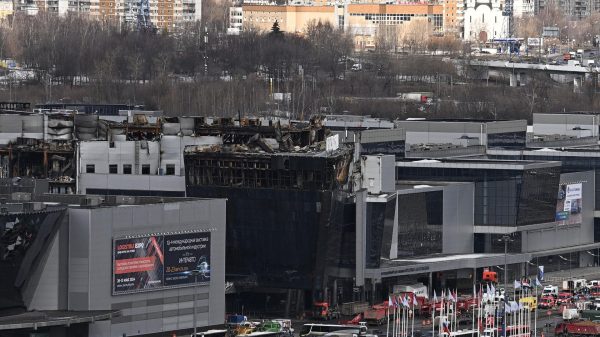







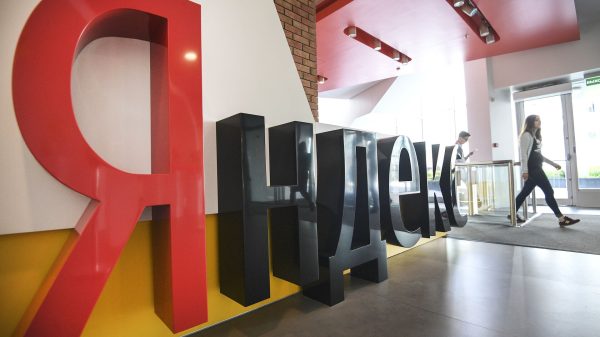
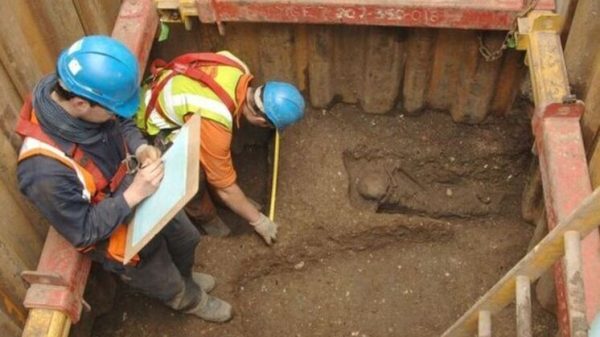
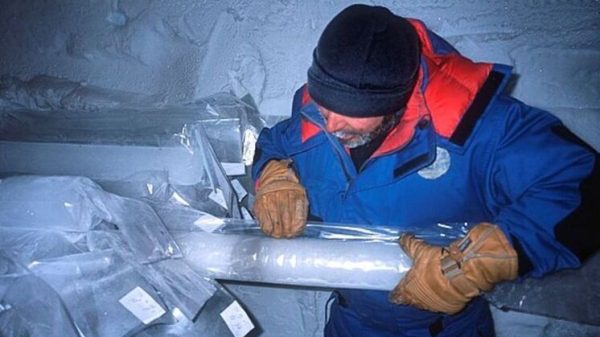
















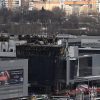









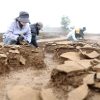







Свежие комментарии